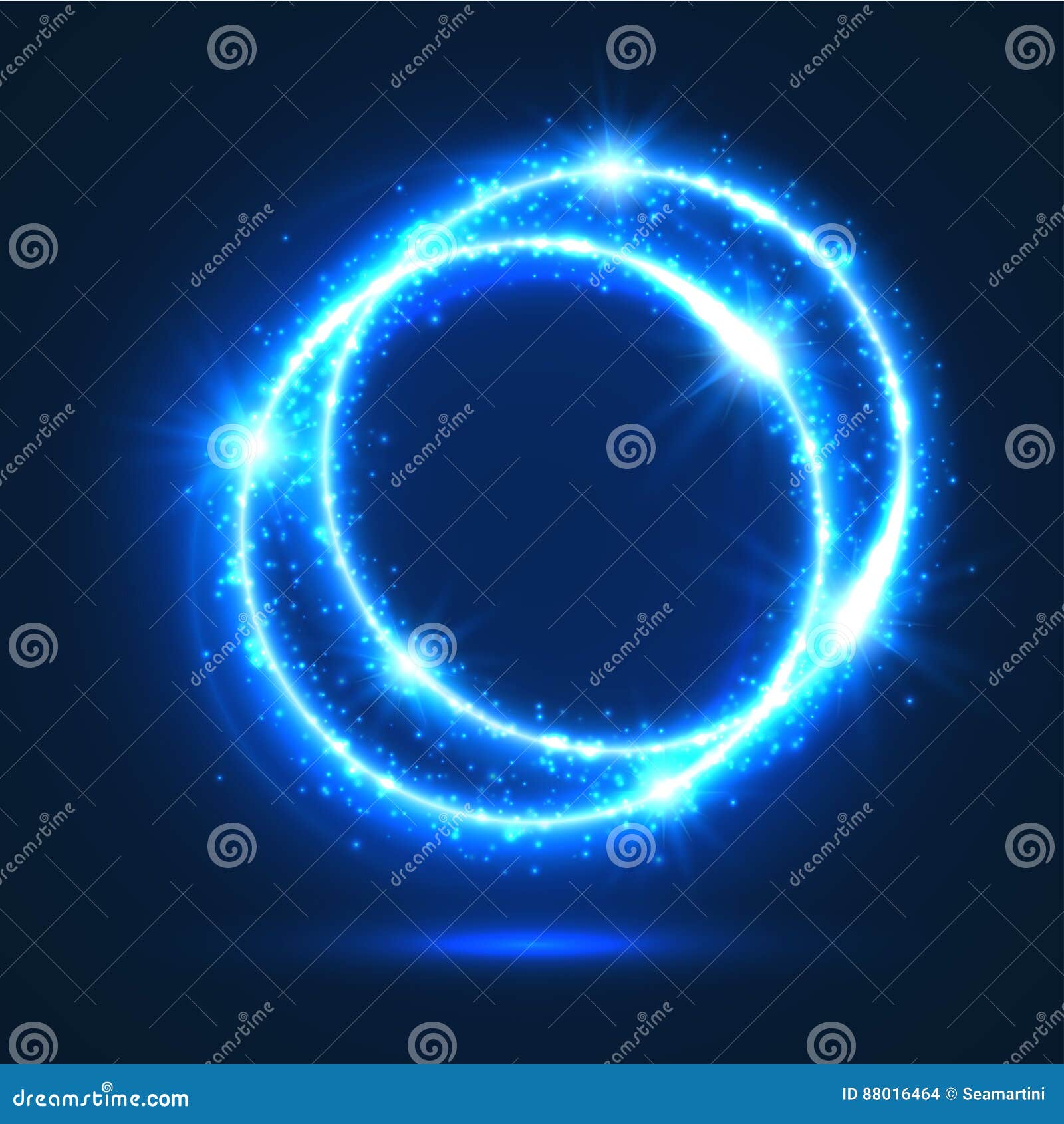

And it is because of this complexity that they survive. Thus they mean one thing to one person, another thing to another person they are unintelligible to one generation, plain as a pikestaff to the next. It is because the truth they try to catch is many-sided, and they convey it by being themselves many-sided, flashing this way, then that. Perhaps that is their most striking peculiarity - their need of change. In short, they hate anything that stamps them with one meaning or confines them to one attitude, for it is their nature to change. They hate being useful they hate making money they hate being lectured about in public. They hang together, in sentences, in paragraphs, sometimes for whole pages at a time. Nor do they like being lifted out on the point of a pen and examined separately.

But can we use them? No, because words do not live in dictionaries, they live in the mind. Yet there is the dictionary there at our disposal are some half-a-million words all in alphabetical order. If you want proof of this, consider how often in moments of emotion when we most need words we find none. But words do not live in dictionaries they live in the mind. Of course, you can catch them and sort them and place them in alphabetical order in dictionaries. the wildest, freest, most irresponsible, most unteachable of all things.
#FLASH SPARK AND GLEAM FULL#
It said: "See 'flash.'" I looked up "flash." The definitions were followed by a presentation of synonyms: "flash, gleam, glance, glint, sparkle, glitter, scintillate, coruscate, glimmer, shimmer mean to shoot forth light." I liked that last part, so I changed the manuscript to say, "The reflection of the sun races through the trees and shoots forth light from the water."Ĭompare McPhee's judicious use of the dictionary with Virginia Woolf's insistence that words are a messy tangle that elude our best efforts to tie them down in dictionaries and otherwise. (Find the full text of this essay or listen to Woolf reading it for radio in the only surviving recording of her voice on Maria Popova's Brain Pickings blog.) What word or phrase was I going to use for that reflection? I looked up "sparkle" in my old Webster's Collegiate. From the airplane, you could discern where these places were, because, seen through the trees, there would be an interruption of the reflection of sunlight on water. Land is growing there as silt arrives from the north. This, for example, came up while I was writing about the Atchafalaya, the huge river swamp in southern Louisiana, and how it looked from a small plane in the air. Who could forget that? Flaubert seemed heroic. I call this "the search for the mot juste," because when I was in the eighth grade Miss Bartholomew told us that Gustave Flaubert walked around in his garden for days on end searching in his head for le mot juste.

But read on: "A little mass, tuft, or bundle. So draw a box around "wad." Webster: "The cotton or silk obtained from the Syrian swallowwort, formerly cultivated in Egypt and imported to Europe." Oh. If you use the dictionary after the thesaurus, the thesaurus will not hurt you. The dictionary definitions of words you are trying to replace are far more likely to help you out than a scattershot wad from a thesaurus. If there's a box around "sensitive," because it seems pretentious in the context, try "susceptible." Why "susceptible"? Because you looked up "sensitive" in the dictionary and it said "highly susceptible." With dictionaries, I spend a great deal more time looking up words I know than words I have never heard of - at least ninety-nine to one. While the word inside the box may be perfectly O.K., there is likely to be an even better word for this situation, a word right smack on the button, and why don't you try to find such a word? If none occurs, don't linger keep reading and drawing boxes, and later revisit them one by one. You draw a box not only around any word that does not seem quite right but also around words that fulfill their assignment but seem to present an opportunity. He uses a dictionary with some thesaurus-like features in this search for what he quotes Gustave Flaubert as calling le mot juste: "The final adjustments may be small-scale," he writes, "but they are large to me, and I love addressing them." In an essay on writing in last week's The New Yorker, John McPhee describes how, while editing a fourth draft, he draws boxes around words he wants to replace.


 0 kommentar(er)
0 kommentar(er)
